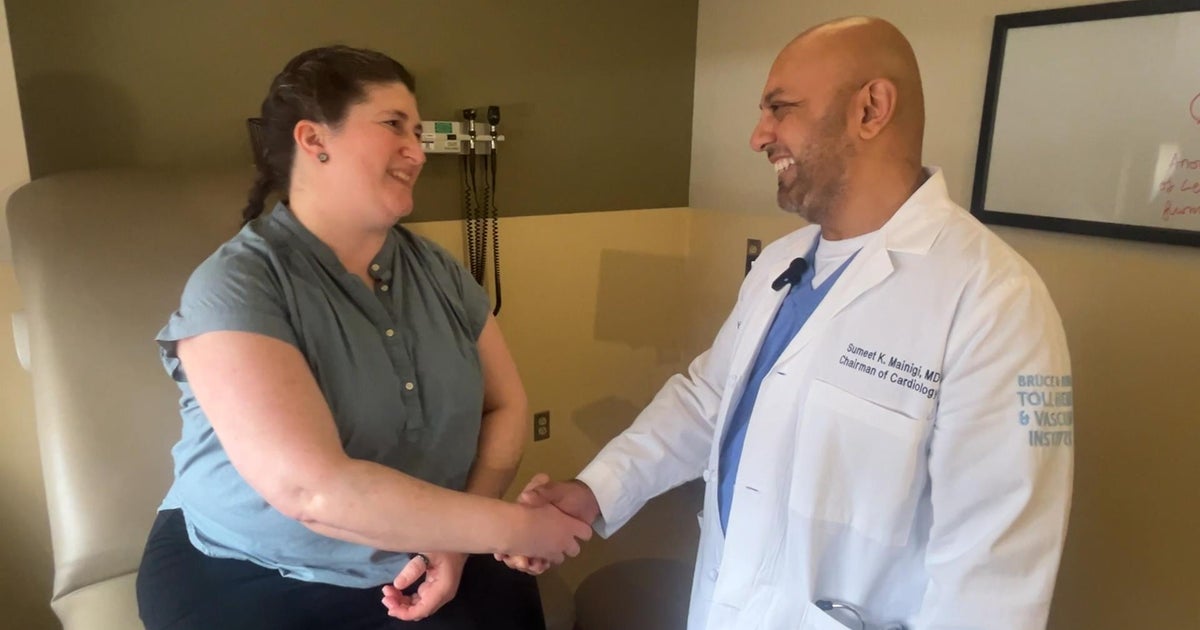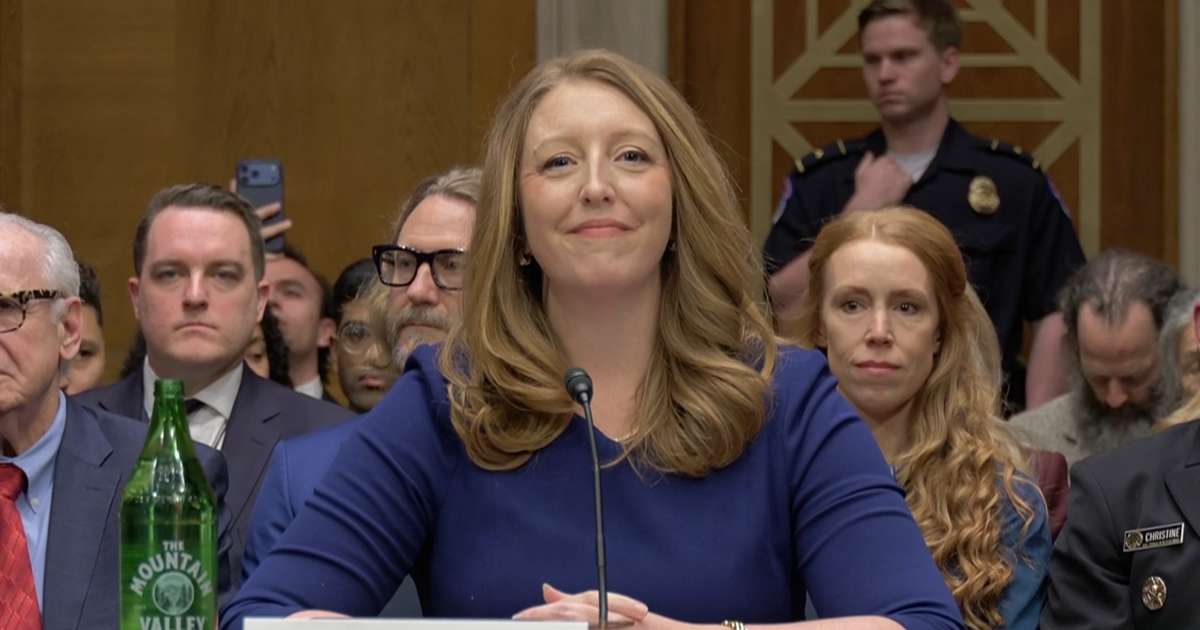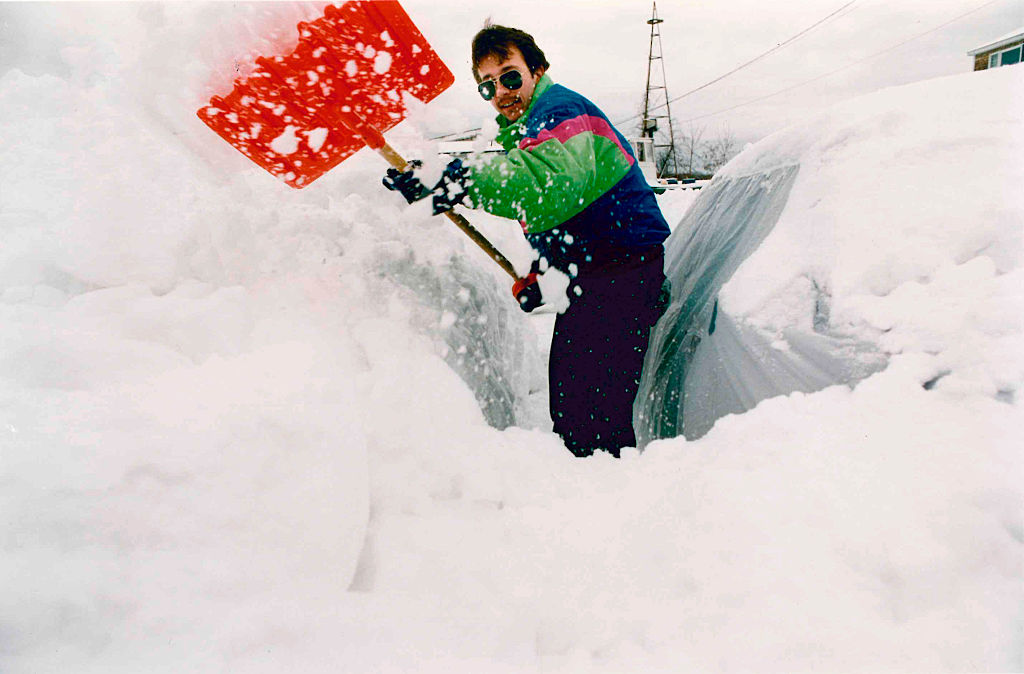Napping hacks: A sleep expert offers 3 tips to elevate your naps
After a rough, sleepless night or long, exhausting day, nothing feels quite as good as a nap.
But with contradictory information online about whether napping is good or bad for your health, we spoke to a sleep expert to get some insight on afternoon snoozes.
"Napping is complicated," explains Dr. Erin Flynn-Evans, a consultant to the American Academy of Sleep Medicine. "I'm sure everyone has seen headlines that 'naps are good' or 'naps are bad.' Both are true."
That's because napping can be problematic or a sign of an underlying issue.
"If you have symptoms of other conditions and you find yourself unable to get through the day and have to nap on a regular basis, it's definitely worth reaching out to your doctor to find out if there's something more going on," she says.
- Related: Best mattresses in 2023
- Related: Best mattress deals in 2023
If you're generally a healthy sleeper, however, occasional napping is safe — and even beneficial in certain situations.
"There's really nothing wrong with that, or at least at this point, we have no evidence to suggest that that would be bad," she says. "If you're a person who works irregular shifts or does shift work, napping is actually a really powerful countermeasure."
How can you make the most of your nap? In honor of National Napping Day — Monday, March 13, timed to help you recuperate the day after daylight saving time — here are 3 tips:
1. Have a good sleep environment
"If you're trying to nap in a brightly lit room and there's noise, it's not going to lead to the best quality nap," Flynn-Evans says, suggesting instead a cool, dark and quiet sleep environment.
2. Don't plan anything for right after your nap
"Make sure that when you wake up, you don't have a lot of major commitments because there is this phenomenon called sleep inertia, which is the process of waking up. It's that grogginess that you feel as soon as you begin to wake up."
This can be particularly disorienting when you're waking up from nap, Flynn-Evans says, and it can take as much as two hours to come to full alertness.
3. Try a little caffeine first
"Having a little bit of caffeine and then taking a nap may sound counterintuitive, but caffeine takes about 20 minutes to kick in and caffeine dampens that sleep inertia effect," she explains.
So if you're planning on taking a 20- to 45-minute power nap, have a little caffeine before dozing off, to wake up with more alertness. Flynn-Evans says 50 mg of caffeine should be all you need, which is equivalent to a cup of tea or a weak cup of coffee.



